If you are a newcomer and plan to have a retail business in this technological era, it is necessary to acquire a supporting POS system. It supports you in processing all modern payment kinds, inventory management, and most crucially, recording and storing all transaction data. There are two main types of POS software in the market: Cloud POS and On-premise POS. Each type has its own pros and cons. This article will bring to the table all the benefits and drawbacks of these two types so that you can make your own informed decision.
What is On-premise POS?
1. Definition
On-premise POS or traditional POS, or sometimes called legacy POS is the POS type that all data is being stored on a local database, specifically in your computer’s hard drive. So you just can access it when you use your computer and open the drive.
2. What are its pros and cons?
PROS
Some outstanding advantages that on-premise POS can bring to businesses include:
- Internet independence: On-premise POS systems don’t rely on the internet. You can still access the system and data through the installed device without the internet.
- One-time payment: You just have to pay one-time for the on-premise POS since it is just designed for your own business. With a one-time payment, it becomes your asset.
- Diverse features and functionalities: Because it is your asset, you can customize and add all the features and functions based on your demand.
CONS
On-premise POS also has many limitations:
- Expensive to implement: You will need additional hardware that is compatible with the POS so the cost to implement is high.
- Lack of mobile optimization: because it does not rely on the internet so you can not access it anywhere so you have to present at the terminal if you want to do any transaction.

What is Cloud POS? What is SaaS?
1. Definition
Cloud or Cloud-based POS is the POS software type in which all data and information are being stored in an online server and can be accessed anywhere through the Internet.
Meanwhile, SaaS stands for Software as a Service, which means that the software is centrally hosted. The license is given to the clients on a subscription basis through the internet.
People normally use those two terms interchangeably. Cloud POS can be deployed as SaaS. However, many cloud POS systems are not 100% cloud-hosted but SaaS is a real web-hosted application.
2. What are its pros and cons?
PROS
Cloud POS offers numerous benefits for medium and small businesses such as:
- Remote access: This is the most important advantage of cloud POS. You can access your system and data from anywhere in the world.
- Real-time sync: Cloud POS normally offers a real-time synchronization feature in which all data between online and offline can be automatically updated in real-time. It is really useful for retailers who want to run different sales channels.
- Data Security: All transaction data is automatically backed up online and secured on the cloud by different methods based on different suppliers. When your device is lost or broken, you don’t have to worry about losing data.
- Scalability: Business growth and expansion are desired targets for all retail business owners. It also means that the POS system is possible to be scaled up when needed to match with business size. Cloud POS is designed with scalability so that retailers can choose to scale up the POS without spending too much time, effort, and budget.
- Business insights: Cloud POS allows you to track all transactions, or sale histories so you can view this information anywhere at any time.
- Cost efficiency: Using cloud POS can help you reduce many costs since you don’t have to buy a hard drive to store the data. Besides, all the cloud POS systems now offer many useful tools for business, so you don’t need to buy any extra software.
CONS
Besides huge advantages, cloud POS also has some drawbacks as following:
- Inability to customize: It is difficult to customize a Cloud POS system because it is deployed in fixed features depending on different suppliers.
- Internet dependence: Cloud POS requires a stable internet connection. Without the internet, you can not access your POS system. In addition, an unstable Internet connection can cause service disruption.
Comparison of Cloud POS vs On-premise POS
To identify which one is better, we have to take a closer look into some important features that affect retail business:
- Deployment:
The cloud POS is hosted by the vendor’s server and can be accessed via any browser. On-premise POS is only available on company computers and servers that are physically located on the premises.
- Pricing:
The cloud POS usually has a lower monthly subscription that you may continue to pay indefinitely, whereas the on-premise alternative is a one-time license that costs more upfront. It is riskier to invest a significant sum of money in advance than pay monthly because the technology changes and upgrades every day. The software may evolve and age quickly.
- Security:
It is a common thought that the On-premise POS is more secure than the cloud POS because the data is stored in a separate company hard drive. However, nowadays, cloud POS suppliers have already added some standards to increase data security and it works well. On the other hand, all data in On-premise POS is stored in one place. So in case of an emergency (housefire, data breach, etc), nothing will be saved.
- Accessibility:
Cloud POS gives more accessibility than on-premise POS since you can access it anywhere with the internet. In addition, cloud POS also offers seamless mobile access which is quite important in today’s world.
With all those comparisons, Cloud POS gives more benefits to almost all retail businesses over on-premise POS in the context of the modern world with the rise of the Internet and mobile devices. Cloud POS offers more accessibility, better pricing, and high security.
Besides, data from some recent surveys also show that Cloud POS is more widely chosen by retail businesses. According to financesonline.com, 61% of quick-service restaurants in the US used cloud POS(Pymnts, 2018) and 60% of new retailers are asking for cloud POS rather than traditional POS(Reforming Retail, 2018). Following data from Forbes, 61% of merchants are considering a cloud POS system for their business (Forbes, 2018). In addition, Cloud POS adoption is predicted to increase by 50% before the end of 2021((Reforming Retail, 2018).
Conclusion
In general, both on-premise and cloud POS have their advantages and disadvantages. Despite cloud POS being more outstanding and popular, On-premise POS also has its own features which are suitable to some business types who require their own custom POS system. Retailers should carefully examine whether to use a cloud-based POS system, or a traditional POS system depending on the type of business, demands, and scale.

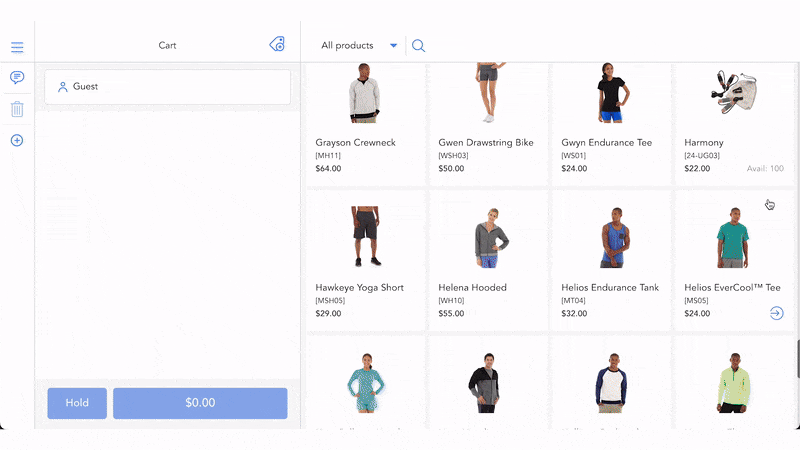

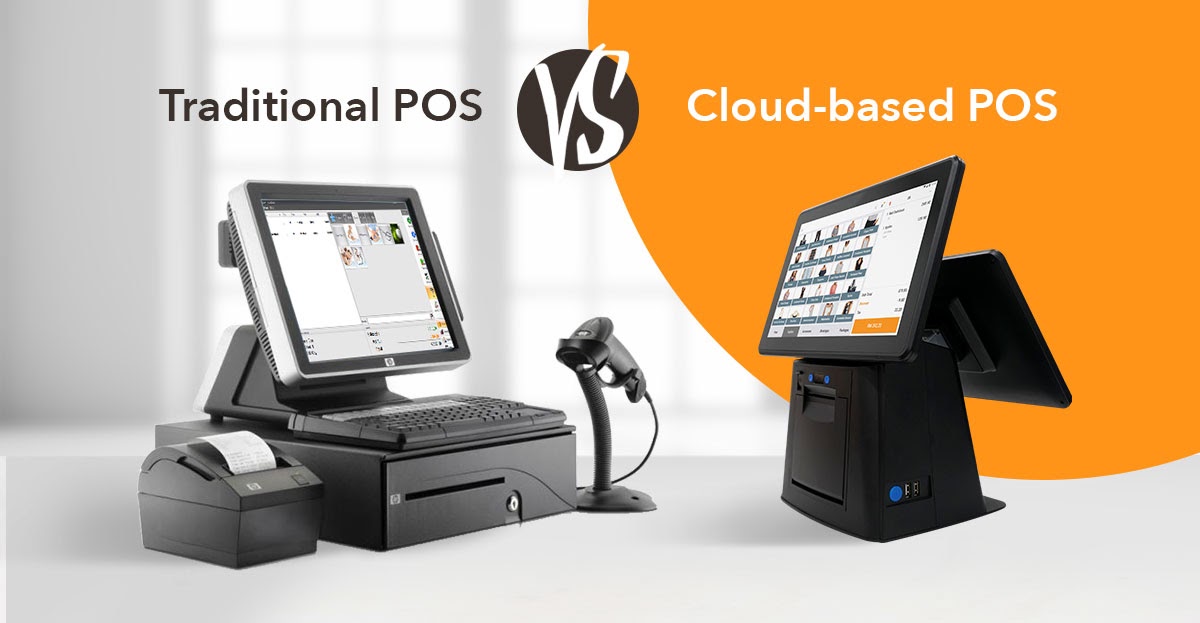

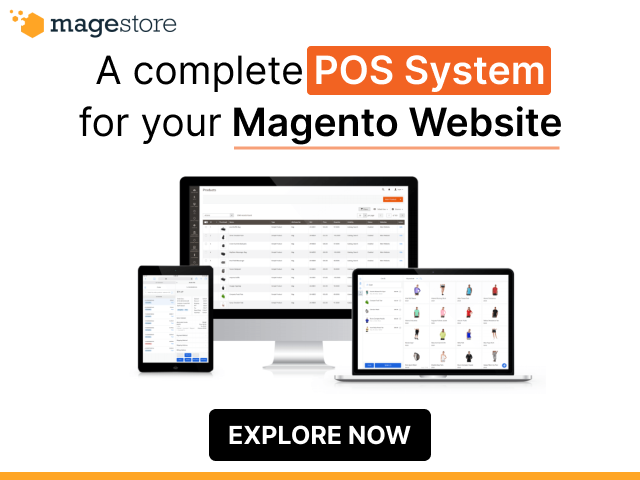


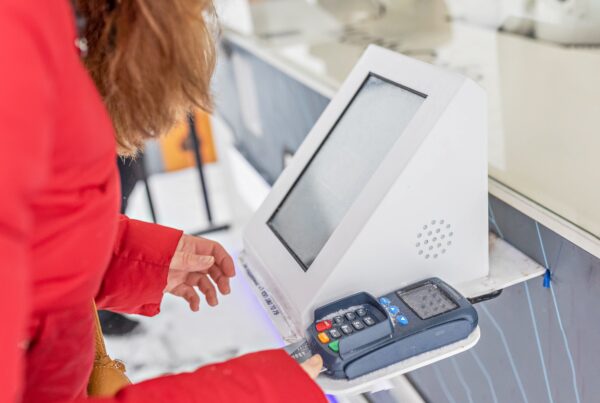
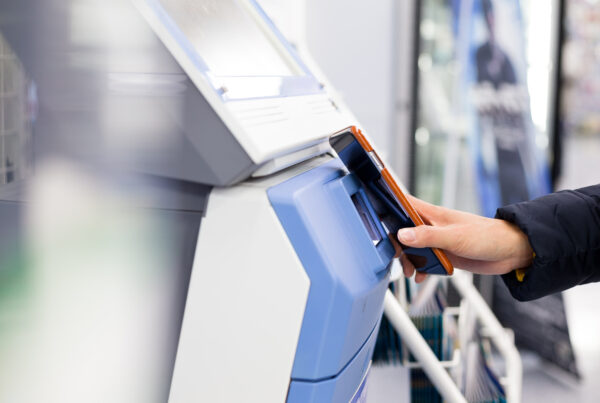



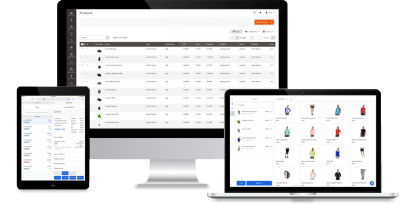

There are countless reasons that cloud-based POS systems are becoming more important than ever to companies all over the world.
With cloud based ERP on your hand, the sky is the limit.